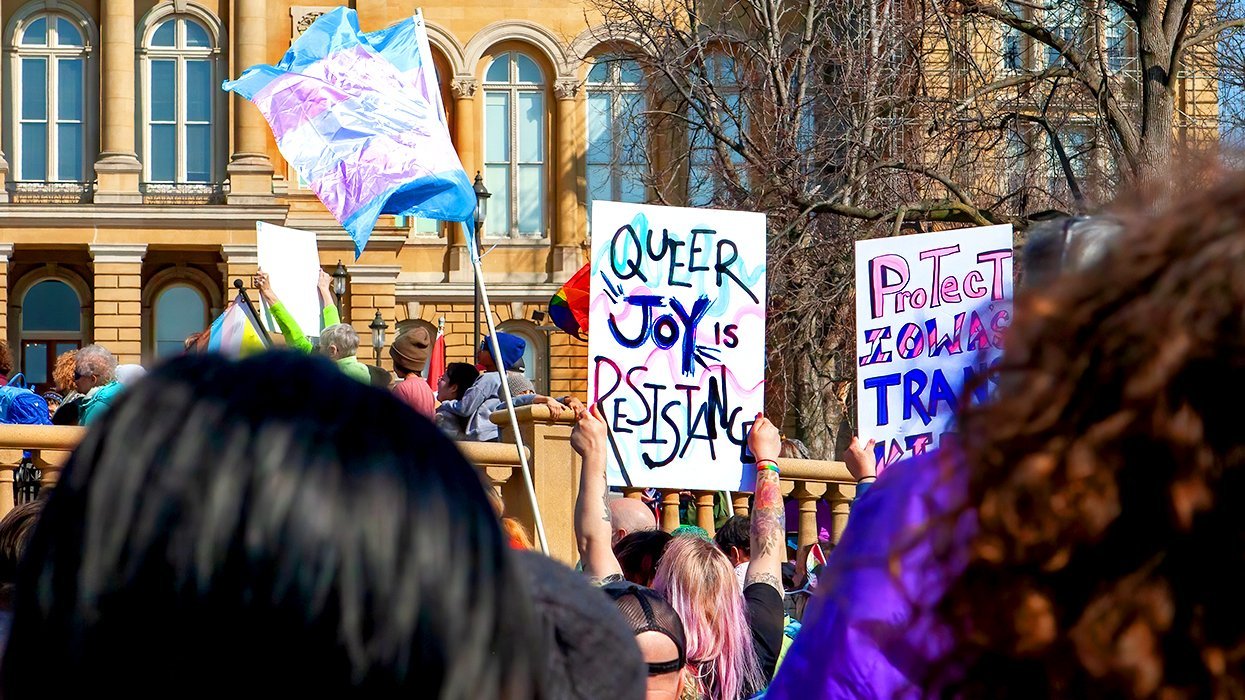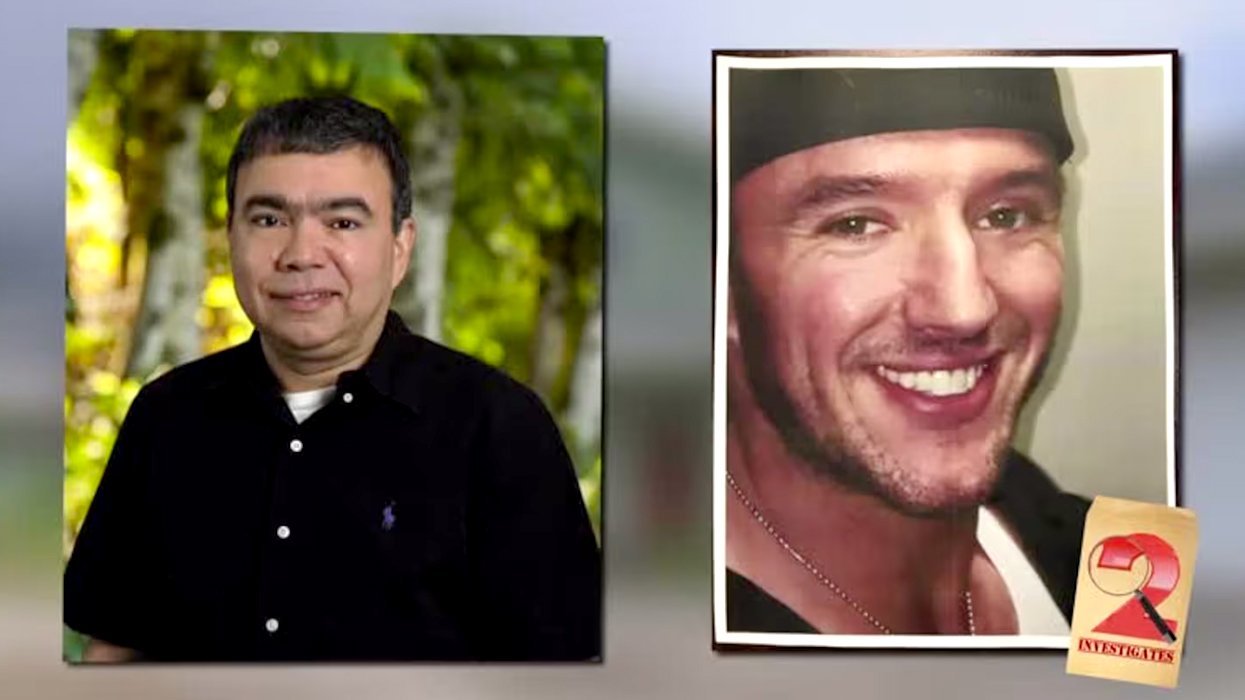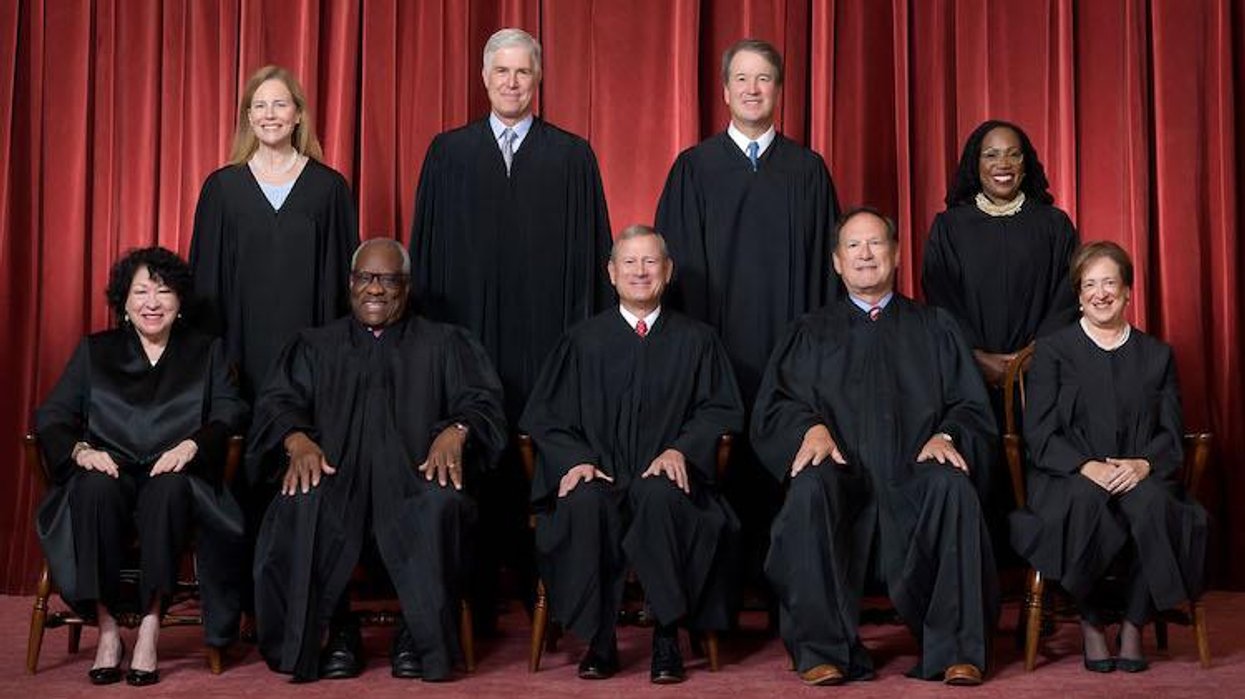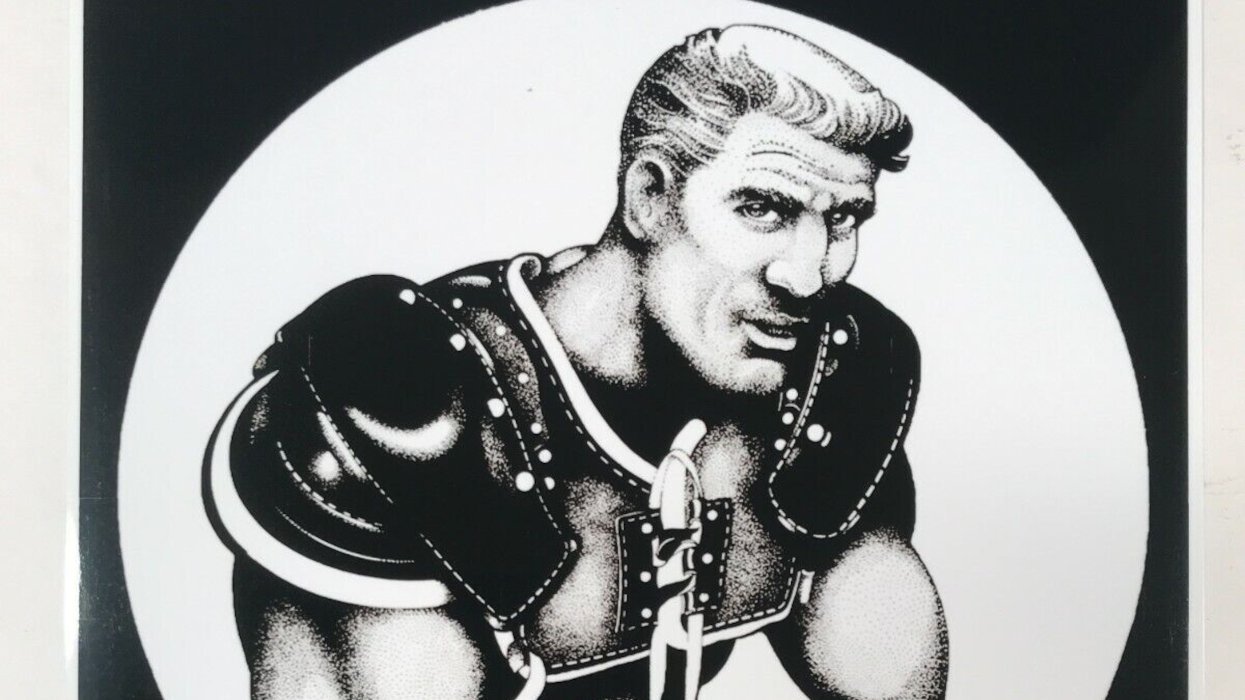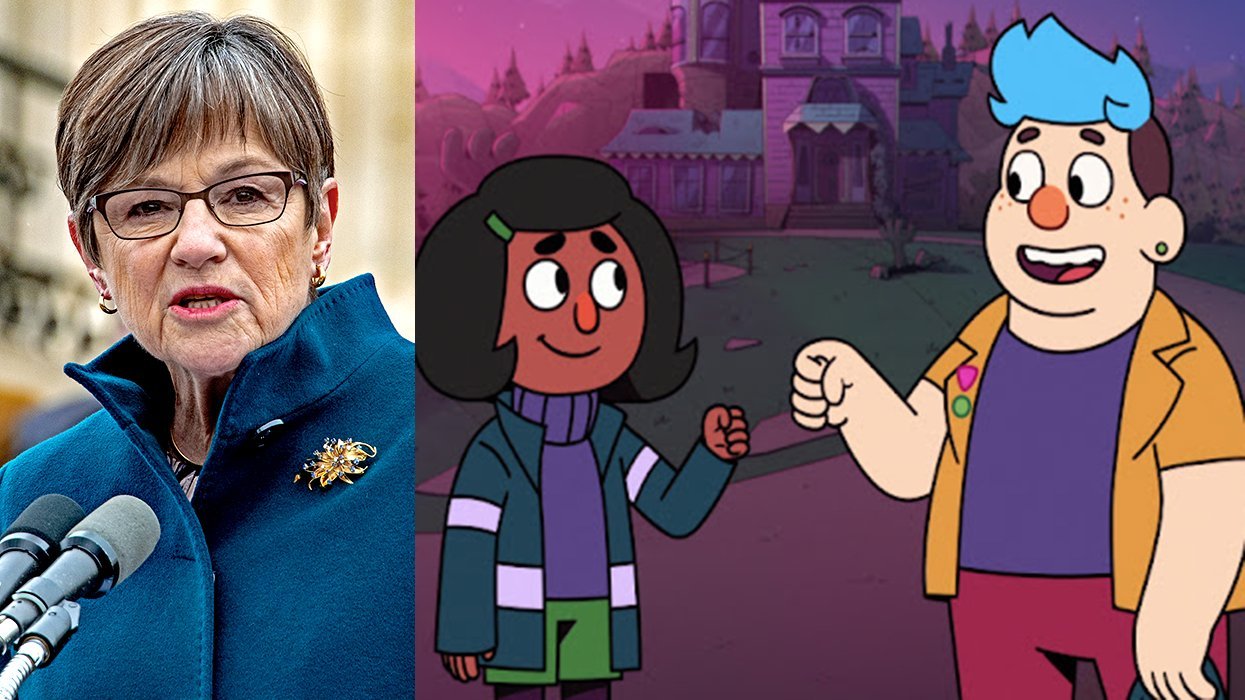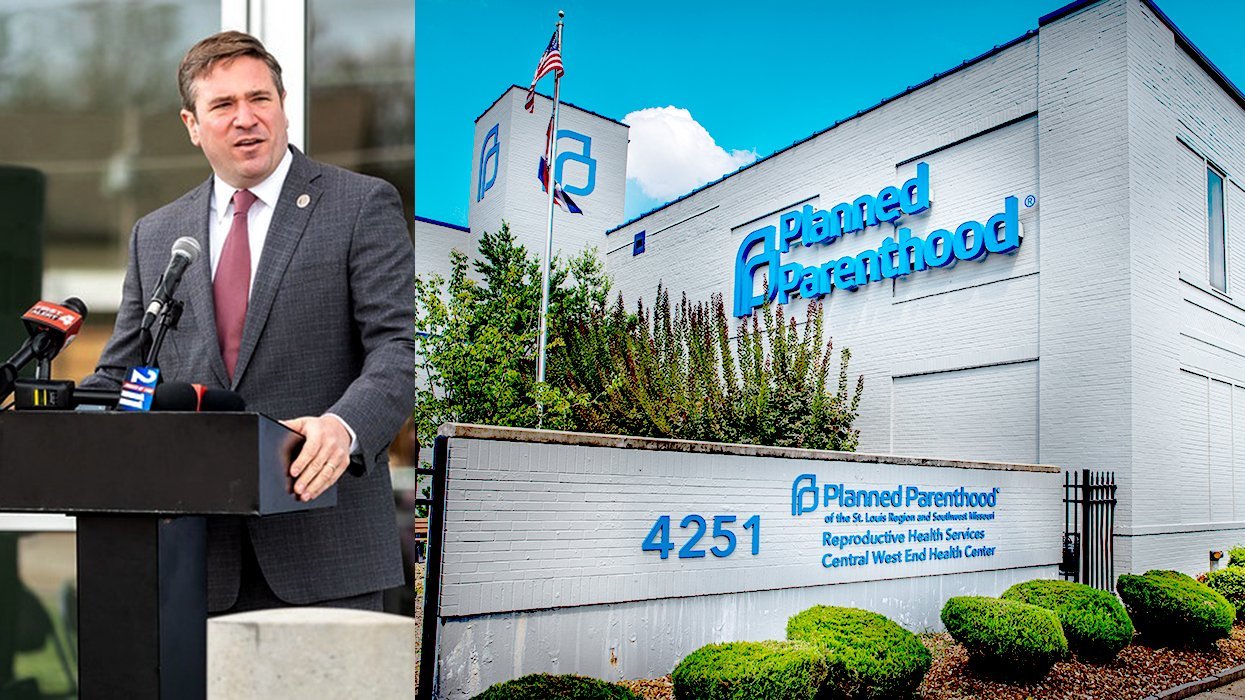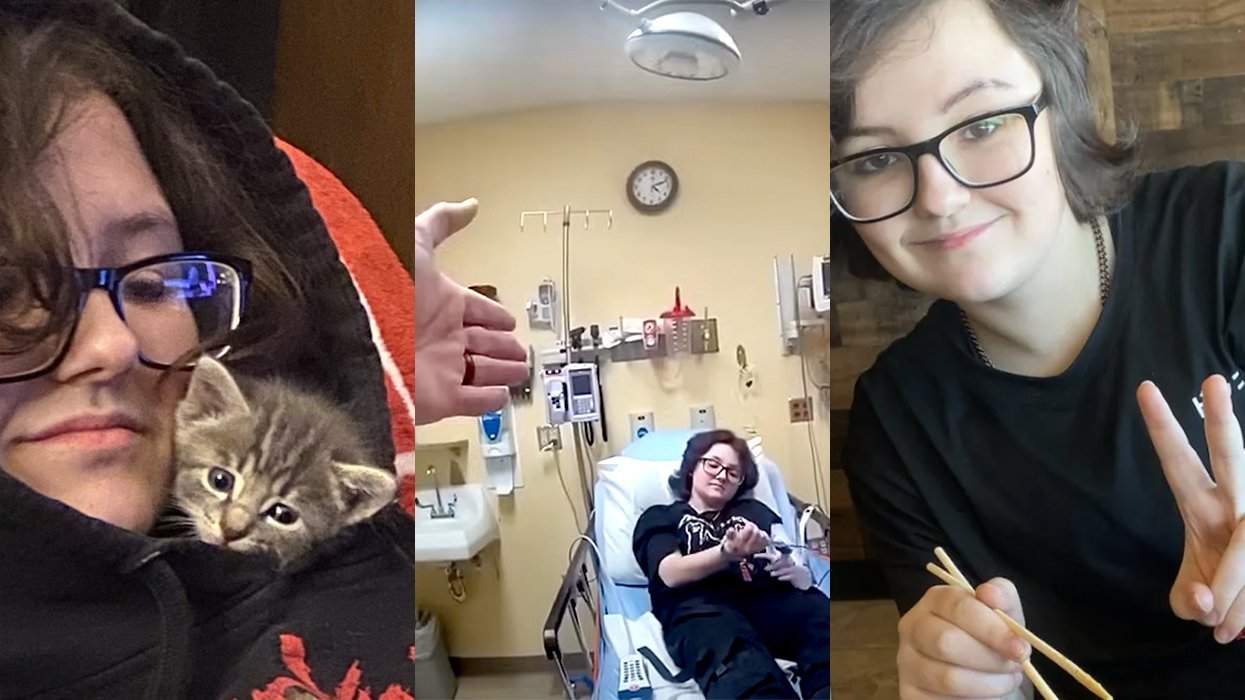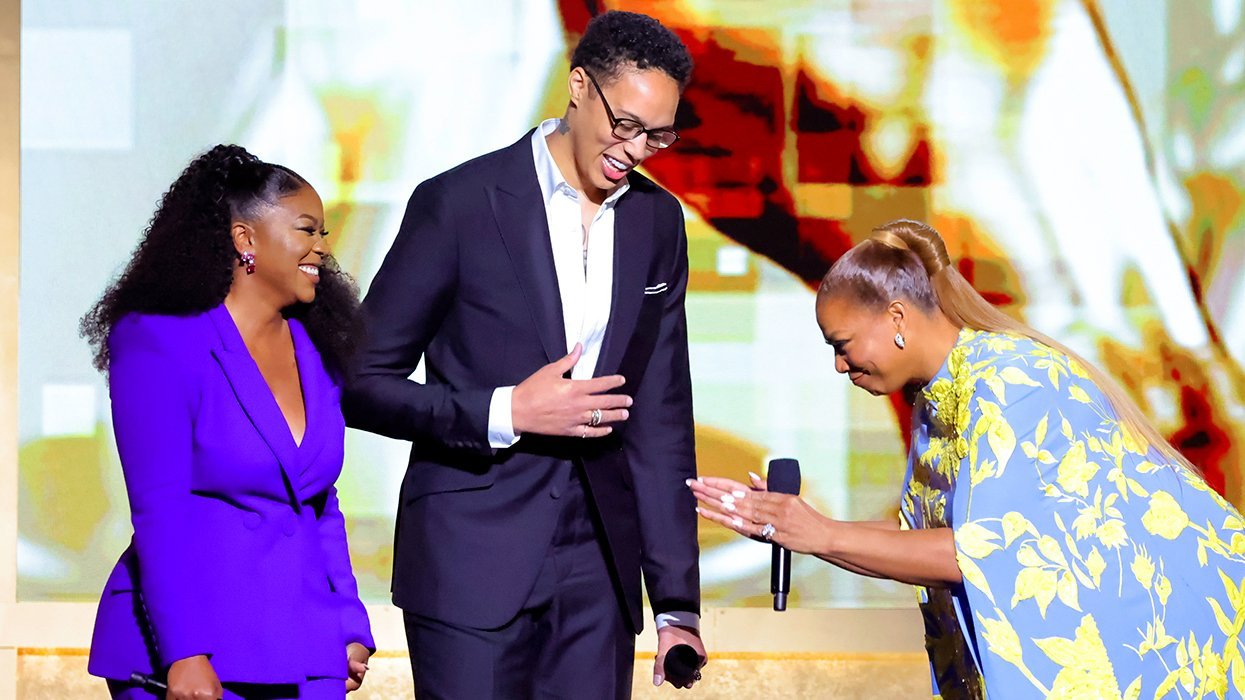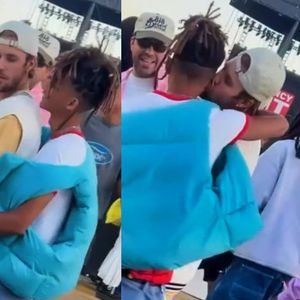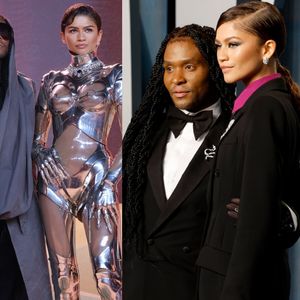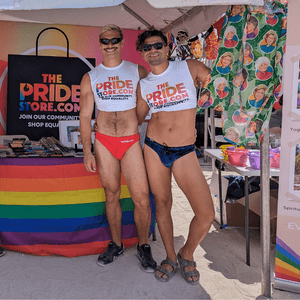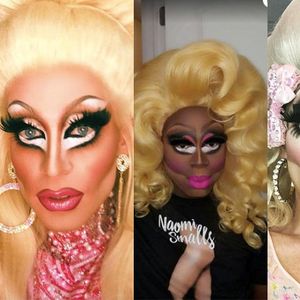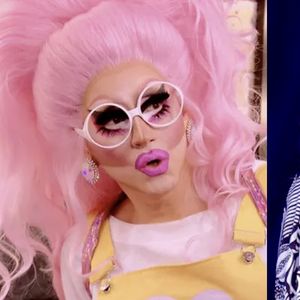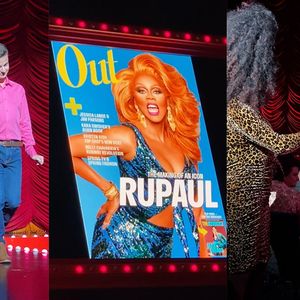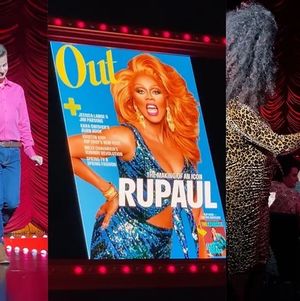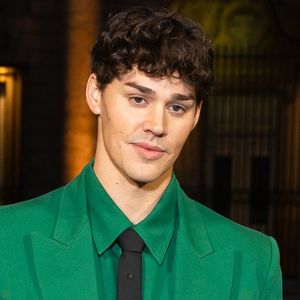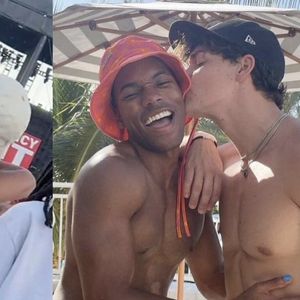Growing up on the Central Coast of California, Benjamin Todd Jealous and his adopted brother Jason were among very few African-American children in their small town. When Jason, who has identified as gay and transgender, was bullied, Benjamin wondered whether the tormenters were biased against his race, sexual orientation, or gender identity. The realization that no single factor explained the discrimination gave the future civil rights leader an early lesson.
"I came to the conclusion that the answer wasn't A, B, or C. It was D, all of the above," he says. "We at the NAACP similarly understand that we are here ultimately to ensure that there is equality beneath the law for every human being in this country."
That "one for all and all for one" approach informs the intensified collaboration with the LGBT rights movement during his tenure as president and CEO of the nation's oldest and largest civil rights organization. The NAACP national board endorsed marriage equality in May, and now the group stands on the front lines in Maryland, which could become the first state south of the Mason-Dixon Line with marriage equality if a ballot measure to uphold its law passes this November. Victory in Maryland, where one quarter of voters identify as African-American, would help to quash myths and misunderstandings perpetuated since the nation elected the first black president in 2008 while its most populous state, California, simultaneously banned same-sex marriage with Proposition 8.
The youngest person ever appointed president and chief executive officer of the NAACP, Jealous, 39, sees his coalition-building as an extension of the vision articulated by former board chairman Julian Bond. He moved early to show inclusion after taking office in 2008, notably with the One Nation Working Together rally in Washington, D.C. Relations reached a new high point this June after the marriage equality endorsement, when more than 50 LGBT groups reciprocated and backed an NAACP-led silent march against the New York City police department's controversial stop-and-frisk policy in a symbolic press conference at the Stonewall Inn. Jealous credits the marriage announcement with removing "the last barrier" and opening a new chapter in a decades-long partnership marked by cooperation and challenges.
"Whenever you have two parties and one's holding back a little bit, you both end up holding back, and so I think it was definitely a breakthrough moment in a long relationship that has had other breakthrough moments," he says. "This is a very powerful one."
While some NAACP state chapters and individual national board members had long supported marriage equality, the full national board grappled with the issue for a few years before making its endorsement. Jealous believes the extensive deliberation contributed to make the vote among the 64 members almost unanimous, including support from all but one of nearly a dozen clergy members. He said that aspect in particular refutes the familiar refrain that black churches overwhelmingly resist marriage equality.
"What concerns me is the media keeps grasping at straws to paint a lie that black clergy are opposed," he says. "Some black clergy are opposed. A lot of black clergy are in support."
Listeners who heard Mitt Romney speak at the NAACP's annual convention in July might question whether the board's decision reflects the membership's views. The Republican presidential nominee received audible applause when he promised to "defend traditional marriage," but according to Jealous, the candidate brought his own black supporters to the Houston event and they accounted for most of the clapping. He allows that some other attendees with "untrained ears" might also have applauded the "platitude" without hearing the code in Romney's wording.
Pundits continue to debate how President Obama's support for marriage equality will play with black voters, but Jealous sees the stance as a "net positive." He says voters appreciate a politician who shows the "courage of his convictions," regardless of whether they agree with the stand. The concern for Obama, who received some 98% of the black vote in 2008, is not whether blacks will vote for Romney, he says, but whether they will vote in similarly large numbers this year. And that hinges on issues such as job opportunities and the economy in general.
"The president is doing very well with black voters, but the question is whether or not we're going to see surge voters turn out," says Jealous. "In this climate, in this context, for him to turn out surge voters, he's going to have to get people get really focused on how their life is going to change for the better if he comes back."
The NAACP marriage equality endorsement came 10 days after the personal announcement from President Obama, but Jealous says his organization did not coordinate with the White House. He believes that the president and his group responded to the "same set of events," that being the passage of a constitutional amendment in North Carolina and "the specter that a potential tidal wave of states intend to follow suit." The NAACP vote took place at the first board meeting after Amendment One passed.
"What happened at that board meeting was that it became clear to everybody that this was no longer a state issue, that we were looking at a national movement to encode discrimination in the state constitutions and to remove the protection of the Fourteenth Amendment for entire groups of people," he says. "It had to be addressed as a national issue, and so that's why the decision was made when it was."
 With ballot initiatives related to marriage coming up in four states, the NAACP has chosen to concentrate on Maryland because of its demographic strengths in the state. In addition to the significant percentage of African-American voters, the NAACP is headquartered in Baltimore, the state's largest city, where black residents constitute a majority. Maryland is solidly Democratic, and with African-American voters expected to turn out for President Obama, the effort represents the first time African-Americans have been the focus of a marriage equality campaign. Marylanders for Marriage Equality, the coalition working to pass the measure known as Question 6, includes the statewide NAACP and the Baltimore branch.
With ballot initiatives related to marriage coming up in four states, the NAACP has chosen to concentrate on Maryland because of its demographic strengths in the state. In addition to the significant percentage of African-American voters, the NAACP is headquartered in Baltimore, the state's largest city, where black residents constitute a majority. Maryland is solidly Democratic, and with African-American voters expected to turn out for President Obama, the effort represents the first time African-Americans have been the focus of a marriage equality campaign. Marylanders for Marriage Equality, the coalition working to pass the measure known as Question 6, includes the statewide NAACP and the Baltimore branch.
No marriage equality initiative has ever won at the ballot box, but Maryland's could become the first. A win would also repudiate the tactics of the National Organization for Marriage, a primary funder of the opposition coalition, the Maryland Marriage Alliance. Secret memos leaked from a Maine investigation this year revealed that NOM sought to "drive a wedge between gays and blacks."
Jealous, who is working with leaders including Chad Griffin of the Human Rights Campaign, says he feels hopeful.
"I think like anything else you have to fight, and especially in a year like this where there's so much mischief going on nationally, but I think if folks fight, and if we fight believing we can win, that there's a very good chance that we can win," he says.
"NOM is engaged in a dangerous, divisive strategy to turn oppressed groups against each other," he adds. "They will ultimately fail, but it's going to be a fight. They're talking a playbook from George W. Bush in 2004 and seeking to use marriage equality as a wedge issue. What they're not counting on is that both black and LGBT organizations learned lessons from 2004 that we're simply not going to allow to be repeated easily."
Polling gives reasons for optimism. A Hart Research Associates survey last month found that Marylanders support the marriage equality law by 54% to 40%, compared to 51% to 43% in March. African-American voters were evenly divided between support and opposition at 44% to 45%, a substantial shift since being opposed 40% to 49% in March, before endorsements from President Obama and the NAACP.
The Reverend Delman Coates of Mount Ennon Baptist Church in Prince George's County reported an increase in attendance at his 8,000-member church after he backed the legislation pushed by Gov. Martin O'Malley in February. Last week Coates led a news conference at the National Press Club in Washington, D.C., with other ministers, including the Reverend Al Sharpton. Organizers say the event was the first gathering of African-American clergy of national prominence to support marriage equality.
Still, the recent 61% to 39% loss in North Carolina, where blacks also make up about one quarter of voters, resonates. The NAACP state conference launched a major media campaign including radio ads in the final few weeks of that campaign, prompting support for marriage equality to surge among black voters reached by the strong civil rights message. Jealous says the chief lesson of North Carolina is the need to frame the referendum in Maryland as a clear question of discrimination.
"What we learned in North Carolina was that you've got to call this out for what it is at its broadest point, if you will, which is an attempt to encode discrimination into law and an attempt to subvert the Fourteenth Amendment to the Constitution," he says. "If we allow this to be framed as anything other than a pressing battle about the future of state civil rights protections and ultimately an attack on the Fourteenth Amendment itself, we're going to not pick up as many voters."
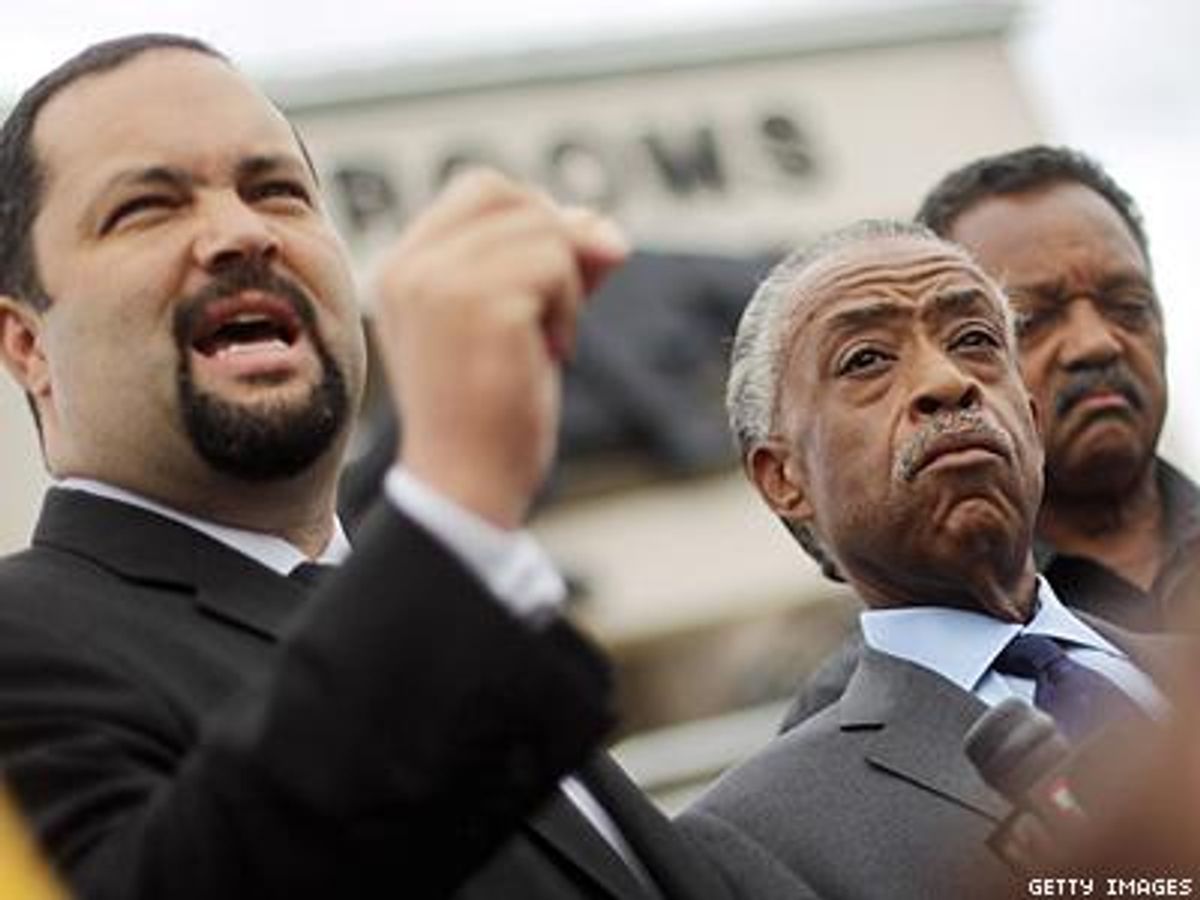

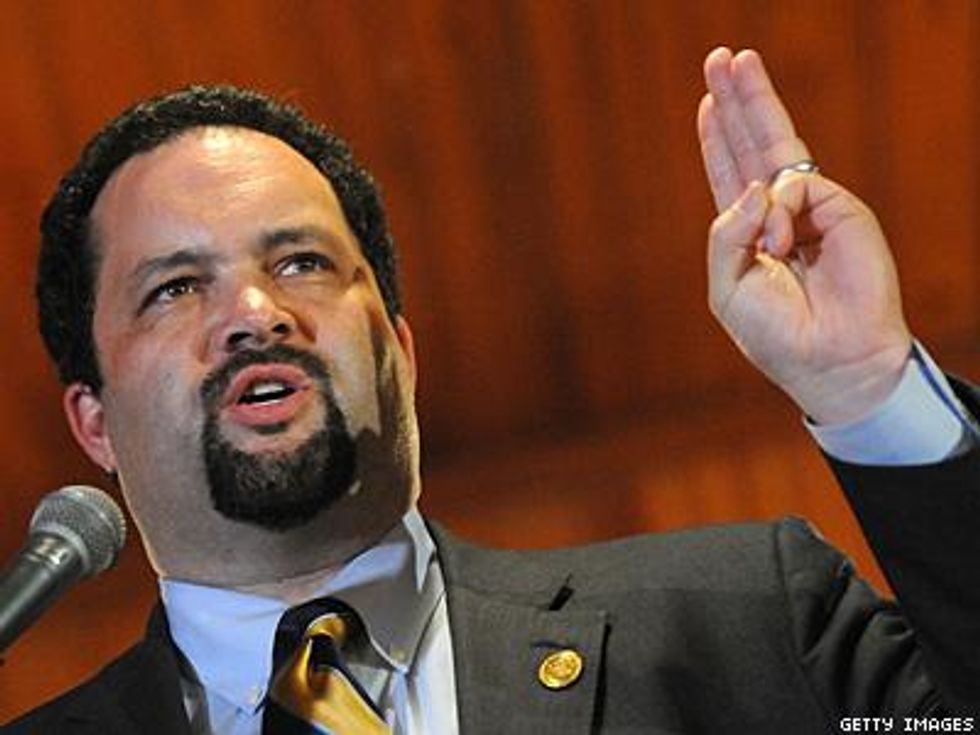 With ballot initiatives related to marriage coming up in four states, the NAACP has chosen to concentrate on Maryland because of its demographic strengths in the state. In addition to the significant percentage of African-American voters, the NAACP is headquartered in Baltimore, the state's largest city, where black residents constitute a majority. Maryland is solidly Democratic, and with African-American voters expected to turn out for President Obama, the effort represents the first time African-Americans have been the focus of a marriage equality campaign. Marylanders for Marriage Equality, the coalition working to pass the measure known as Question 6, includes the statewide NAACP and the Baltimore branch.
With ballot initiatives related to marriage coming up in four states, the NAACP has chosen to concentrate on Maryland because of its demographic strengths in the state. In addition to the significant percentage of African-American voters, the NAACP is headquartered in Baltimore, the state's largest city, where black residents constitute a majority. Maryland is solidly Democratic, and with African-American voters expected to turn out for President Obama, the effort represents the first time African-Americans have been the focus of a marriage equality campaign. Marylanders for Marriage Equality, the coalition working to pass the measure known as Question 6, includes the statewide NAACP and the Baltimore branch.





















